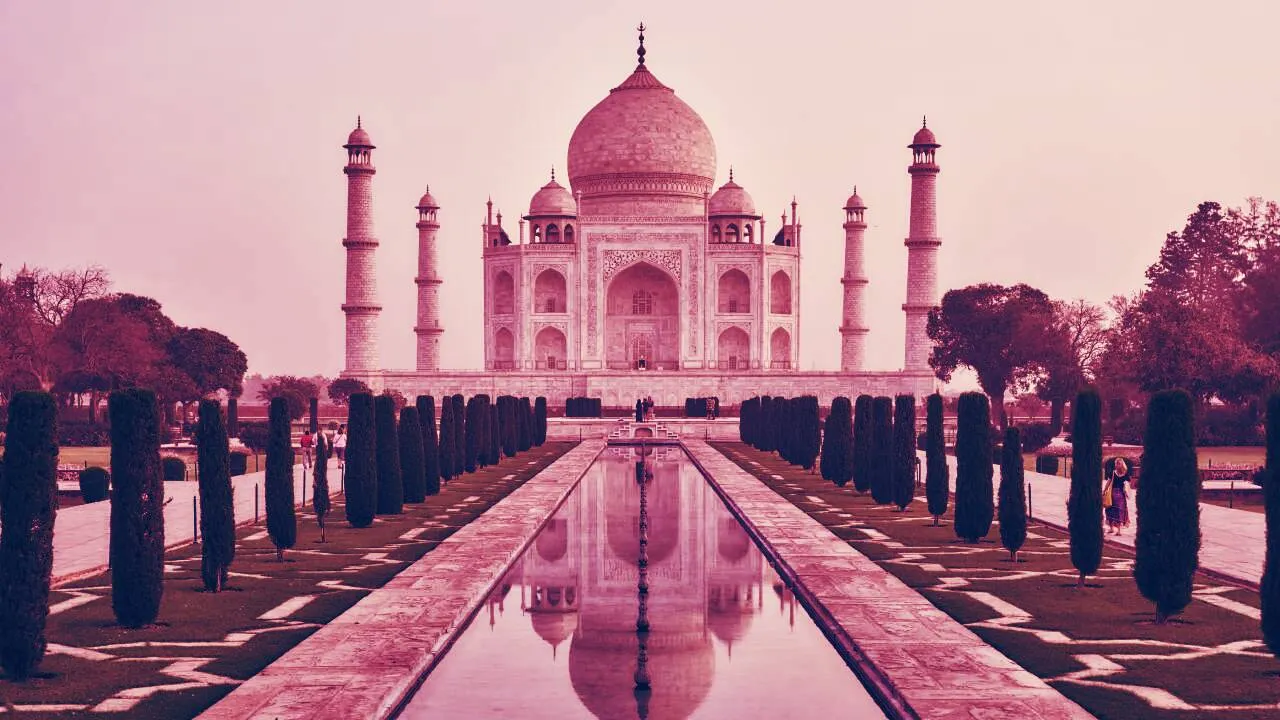India's draft bill to put a complete ban on cryptocurrency transactions will likely be passed, according to a senior Finance Ministry Official speaking to Bloomberg on the condition of anonymity.
The official said that, when the bill gets passed, cryptocurrency holders and companies will have a transition period of between three to six months in order to wrap up their activity.
As Decrypt reported recently, the country’s junior finance minister, Anurag Thakur, said that there should be more regulation of Bitcoin and other cryptocurrencies in the region.
The legislative proposal, the Cryptocurrency and Regulation of Official Digital Currency Bill, 2021, is yet to be formally released. But it appears set to ban all "private cryptocurrencies" in India, only allowing for a national digital currency to be used, if India does create one (something that it is working on).
There is one caveat. According to a separate Bloomberg report, the bill may provide some exceptions. These will be “to promote the underlying technology of cryptocurrency and its uses.” But this appears to be referencing blockchain technology as opposed to cryptocurrencies themselves.
India's friction with Bitcoin
India has had a tricky relationship with Bitcoin and crypto companies in the past. In April 2018, the Indian central bank effectively banned banks from working with crypto companies. This made it exceptionally hard for crypto companies to continue to operate in the region, with many exchanges shutting down.
This was reversed in the middle of last year, when the supreme court overturned the ban—after many local businesses put up a fight. But even though it clarified that no such ban exists—it was merely a circular passed around by the central bank—banks remained reluctant to deal with crypto companies.
At the time, Unocoin co-founder BV Harish told Economic Times, "Bankers have been saying that they need new RBI circulars mentioning that there are no more restrictions for them to provide bank accounts for crypto businesses."
And now those business that have tried to rebuild are facing huge uncertainty yet again—and, it now seems, an end to the road.

